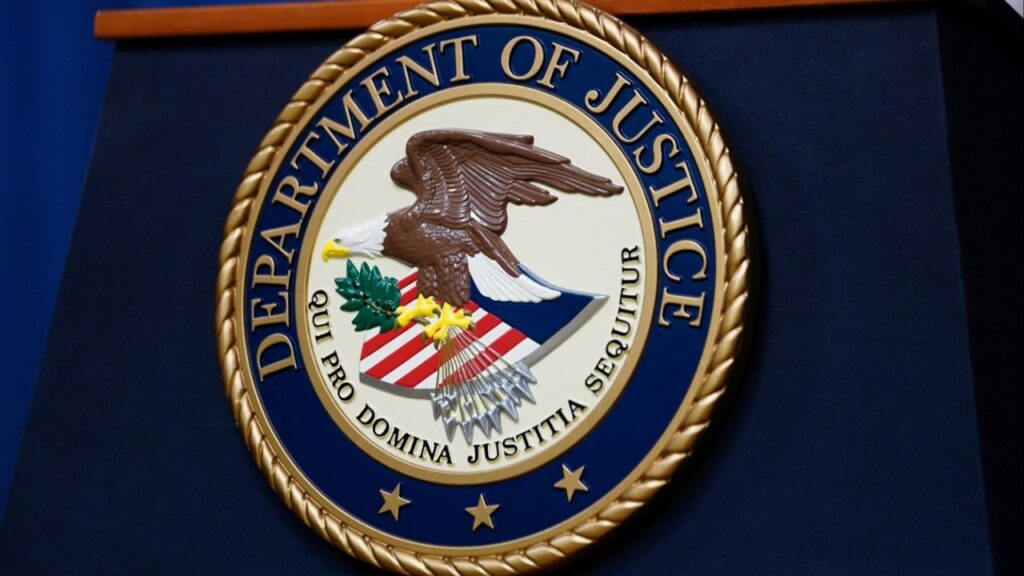Share
ALEXANDRIA, Va. — Prosecutors headed toward the heart of their financial fraud case against former Trump campaign chairman Paul Manafort on Friday, with jurors expected to hear testimony that he never told his tax accountants about offshore bank accounts containing millions of dollars.
The testimony of longtime accountant Philip Ayliff would build on evidence presented by special counsel Robert Mueller’s team that Manafort inflated his business income by millions of dollars and kept his bookkeeper in the dark about the foreign bank accounts he was using to buy luxury items and pay personal expenses.
Bookkeeper Heather Washkuhn testified Thursday that Manafort approved “every penny” of the personal bills she paid for him and was very knowledgeable about his finances. But he never told her that millions in foreign wire transfers were coming from companies prosecutors say he controlled.
Leaving the Details up to Others
That testimony is important to prosecutors as they look to rebut defense arguments that Manafort can’t be responsible for financial fraud because he left the details of his spending to others. That includes his longtime associate Rick Gates, who pleaded guilty earlier this year and is expected to testify soon as the government’s star witness.
The fraudulent loan documents came after Manafort’s political consulting work in the Ukraine had dried up and as he had begun to financially struggle, prosecutors say. Washkuhn told jurors about a series of emails she sent him in 2016 warning that he was behind on his payments, including to her.
Manafort faces charges of bank fraud and tax evasion that could put him in prison for the rest of his life. It’s the first courtroom test of Mueller’s team, which is tasked with looking into Russia’s efforts to interfere with the U.S. election and whether the Trump presidential campaign colluded with Moscow to sway voters.
While the question of collusion remains unanswered, Manafort’s financial fraud trial has exposed the lucrative and secretive world of foreign lobbying that made Manafort rich.
Paying From Foreign Bank Accounts
Other witnesses testifying this week said Manafort paid them millions from the offshore accounts tied to foreign shell companies for landscaping, expensive clothing and even a karaoke machine.
When prosecutor Greg Andres read off some of the offshore companies to Manafort’s bookkeeper, she said Manafort never told her about them. She said she would have documented them for tax purposes if he had.
On cross-examination, Manafort attorney Thomas Zehnle tried to get Washkuhn to say Gates was heavily involved in approving expenses. The Manafort legal team has been working to convince the jury that Gates is to blame rather than their client.
But Washkuhn said that while Gates dealt with some business matters for Manafort’s consulting firm, “mainly Mr. Manafort was the approval source.”
The federal judge overseeing the trial has questioned the hundreds of exhibits prosecutors want to submit as evidence of Manafort’s lavish spending.
U.S. District Judge T.S. Ellis III said the money is relevant, but he doesn’t see the need for prosecutors to “gild the lily,” especially considering Manafort’s lawyers have not disputed that their client spent his money on luxury items.
Prosecutors told Ellis they expect to rest their case next week, noting that they are ahead of schedule.
Manafort has a second trial scheduled for September in the District of Columbia. It would address allegations that he acted as an unregistered foreign agent for Ukrainian interests and made false statements to the U.S. government.

















